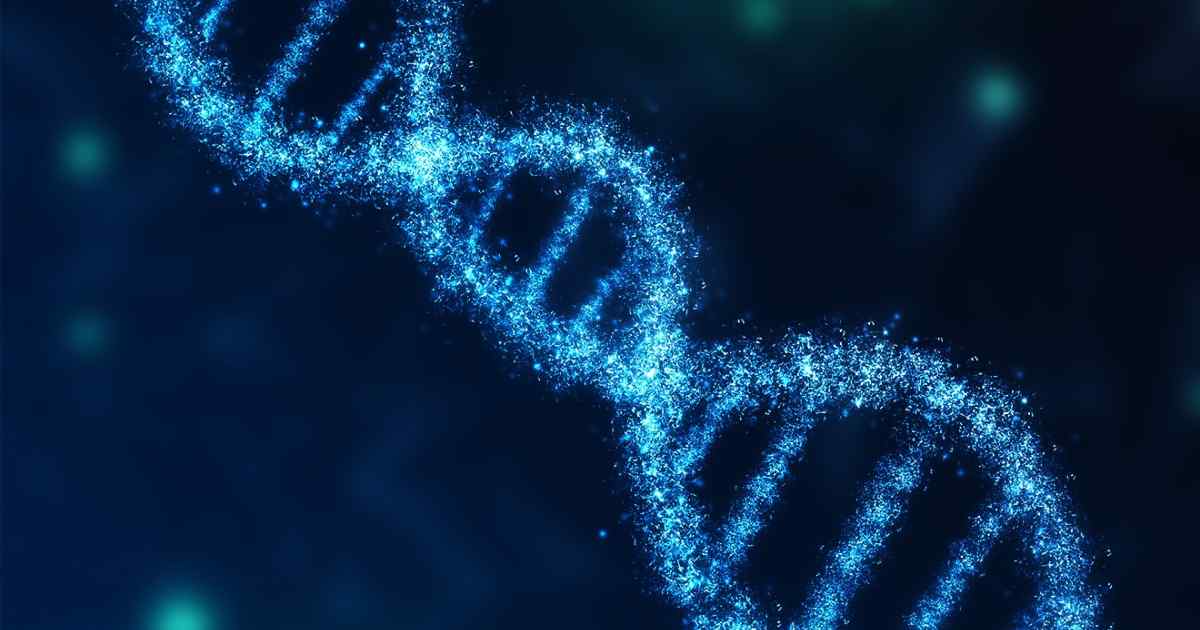
Expert Reviewed By: Dr. Brandon Colby MD
Autism Spectrum Disorder (ASD) is a complex neurodevelopmental condition characterized by challenges with social skills, repetitive behaviors, speech, and nonverbal communication. Among the myriad of genetic factors linked to ASD, "Autism, susceptibility to, 18" has emerged as a significant focus for researchers and clinicians. This specific susceptibility is often associated with mutations in the CHD8 gene, which have been identified in individuals exhibiting a spectrum of symptoms including overgrowth and intellectual disability, alongside autism. As our understanding of genetics advances, so does the potential for genetic testing to provide insights into this condition.
The Genetic Underpinnings of Autism, Susceptibility to, 18
The CHD8 gene plays a crucial role in chromatin remodeling, a process that regulates gene expression. Mutations in this gene have been linked to a subset of ASD cases, characterized by distinct phenotypic features such as macrocephaly (larger head size), gastrointestinal issues, and developmental delays. The case of a Korean boy, as documented in a recent study, highlights the importance of considering CHD8 mutations in the diagnostic process for children presenting with these symptoms. This particular mutation not only contributes to the understanding of ASD but also underscores the necessity for targeted genetic testing in similar cases.
Why Genetic Testing Matters
Genetic testing has revolutionized the way we approach the diagnosis and management of numerous health conditions, including autism. By identifying specific genetic mutations, such as those in the CHD8 gene, clinicians can provide more accurate diagnoses and tailor interventions to the individual needs of the patient.
Personalized Diagnosis
One of the primary advantages of genetic testing is the ability to offer a personalized diagnosis. For individuals with ASD, identifying a CHD8 mutation can confirm a genetic basis for their symptoms, which might otherwise be attributed to environmental factors or remain unexplained. This confirmation not only assists in understanding the condition but also aids in managing expectations and planning for future interventions.
Targeted Interventions
Once a genetic mutation like CHD8 is identified, it opens the door for targeted interventions. Understanding the specific genetic underpinnings allows healthcare providers to tailor therapies that address the unique needs of the individual. For example, knowing that a child has a CHD8 mutation can guide decisions about educational strategies, behavioral therapies, and medical treatments that are most likely to be effective.
Family Planning and Counseling
Genetic testing also provides valuable information for family planning and genetic counseling. Families can benefit from understanding the hereditary nature of CHD8 mutations, which can inform decisions about having more children. Additionally, genetic counseling can offer support and guidance, helping families navigate the complexities of living with a genetic condition.
Advancing Research and Knowledge
Every genetic test contributes to a larger body of research that enhances our understanding of ASD and its various subtypes. Identifying specific mutations like CHD8 provides researchers with crucial data that can inform future studies and potentially lead to the development of new therapies. As more individuals undergo genetic testing, the collective knowledge about autism and its genetic links grows, paving the way for innovative solutions and better outcomes for those affected.
Conclusion
The case of the Korean boy with a CHD8 mutation is a compelling example of how genetic testing can illuminate the path to understanding complex conditions like "Autism, susceptibility to, 18." By leveraging the power of genetic insights, we can move towards a more personalized approach to diagnosis and intervention, ultimately improving the lives of individuals with ASD and their families. As research continues to evolve, genetic testing stands as a beacon of hope, guiding us closer to unraveling the mysteries of autism and offering tangible benefits to those it touches.
Reference: A Case Report of a Korean Boy with CHD8 Mutation
About The Expert Reviewer
Dr. Brandon Colby MD is a US physician specializing in the personalized prevention of disease through the use of genomic technologies. He’s an expert in genetic testing, genetic analysis, and precision medicine. Dr. Colby is also the Founder of and the author of Outsmart Your Genes.
Dr. Colby holds an MD from the Mount Sinai School of Medicine, an MBA from Stanford University’s Graduate School of Business, and a degree in Genetics with Honors from the University of Michigan. He is an Affiliate Specialist of the American College of Medical Genetics and Genomics (ACMG), an Associate of the American College of Preventive Medicine (ACPM), and a member of the National Society of Genetic Counselors (NSGC)